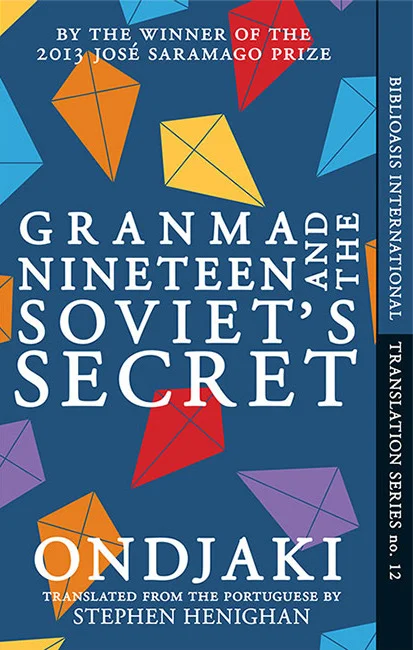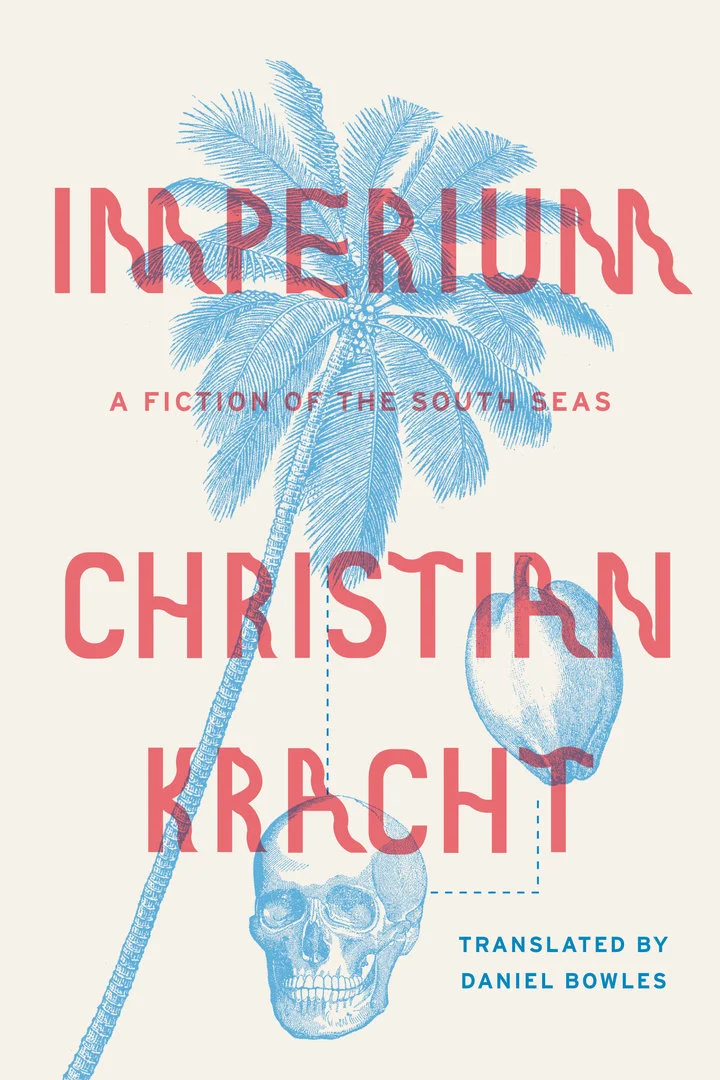Spain: The Man of Feeling (Javier Marías, trans. Margaret Jull Costa)
Javier Marías (b. 1951) is one of Spain’s most famous authors. Born in Madrid, Marías’ father was a philosopher, and as a result was exposed to all sorts of writing and people as a child. He spent part of his childhood in the United States, but returned to Madrid to go to university. He began writing when he was 14, and by 17 had published his first novel. He began his career primarily as a Spanish-English translation, winning awards, and lecturing at Oxford on translation. His career turned more to literature, and he won the International Dublin Literary Award in 1997 and the Rómulo Gallegos Prize in 1994. Many of his writings deal with characters who are translators. He runs a small publishing house called Reino de Redonda and writes a weekly column for El País.
Background: Inhabited since about 32,000 BC by modern humans, the peninsula was settled by the Iberians, the Celts, the Lusitanians, and the Tartessians. The Phoenicians, Carthaginians, and Greeks all built trading centers along the coasts. The Romans met many of these people when they came in the 2nd century BC. After the fall of Rome, the Vandals, Suebi, and Visigoth tribes conquered various areas in the 5th century AD, ruling until the 8th century when the Muslims took control. The period of Muslim rule was a golden age. Jewish culture and intellectualism flourished. Throughout the medieval period, the Christians tried to reconquer the area and eventually succeeded. By 1492, the last city (Granada) fell and the Catholics took back power after centuries of bloody war. The kingdoms of Castile and Aragon existed in parallel until the marriage of King Ferdinand the II and Isabella I of Castile which united the two areas. In the 15th century, the Jews were expelled, subject to forced conversion, or imprisoned. The Muslims suffered the same 60 years later. The Spanish were one of the first “global” empires, funding Christopher Columbus, and establishing colonies in northern Africa, North and South America, and elsewhere. The Empire reached its greatest size by the late 18th century, although decline had started a century before due to rising inflation, the plague, and dependencies on certain trade goods after the “Golden Age” of the 17th century. After the War of Spanish Succession, the crown passed to the Bourbons, although continued to rear its head throughout the 18th century, even after Philip, Duke of Anjou was recognized under the treaty of Utrecht. Under the rulers that followed, Spain reconquered Naples and Sicily, as well as the duchies of Parma, Piacenza, and Gustalla. Spain allied itself with France during the Seven Years’ War, but was defeated, and had to (temporarily) cede Florida, but gained Louisiana. At the beginning of the 19th century, the Peninsular Wars began. Spain switched from going against to backing Napoleon…and again going against him. Napoleon invaded and placed someone else in charge, and things west disastrously. In 1812, the first modern Spanish constitution was made, and during the same period Spain lost all of its colonies in North and South American except Cuba and Puerto Rico. Napoleon’s wars were terrible for the peninsula and caused serious long-term affects on the economy. Poverty was widespread and most were illiterate. From 1833-1868 Isabella II’s child-reign saw more war (First Carlist War), an insurrection, and a coup. In 1868, the Glorious Revolution took place, as general revolted against Isabella, forcing her into exile. After the failed rule of Amadeus, Spain was declared a Republic…for a year. The Monarchy was Restored in 1874, but Isabella II abdicated in favor of her son Alfonso. In the last years of the 1800s, Cuba gained its independence, and Spain lost Puerto Rico, Guam, the Philippines, and the Pacific islands. From 1913-1931, the government began to collapse, although neutrality during World War I helped some. General Miguel Primo de Rivera was installed as dictator after a coup in 1923. From 1931-36, Spain again became a republic, but returned to civil war until 1939 when the rebels and Franco, won. Franco was installed a dictator was deeply repressive and isolated from the rest of the world. Finally, upon his death in 1975, Spain was able to transition to democracy slowly, with a new constitution in 1978. Spain joined the European Union which boosted the economy until the 2008 economic crash.
As a professional musician, I really enjoyed this novel! The main character is an opera singer. On the way to Madrid, he observes a woman and two man on his train. He runs into them again at his hotel and his life slowly begins meld with theirs. The three people, a banker, his wife, and their companion have a strange dynamic. The banker is jealous, and has hired the companion (Dato) to protect his wife. At the same time, the wife attends the opera rehearsals, and our singer falls in love. Each character manages to be both complicated and unpredictable, yet ingratiate themselves to the reader in a different way. Marías’ writing is beautiful; flippant when necessary, dense at other times. I love the reflectivity of the text, the musical references, the descriptions. It deals with memory, the nature of feeling, and love. Highly recommended!






